The challenge for US president Barack Obama's first envoy to North Korea is how to convince its obsessively secretive leader that he would be mad not to talk with the outside world about disarming.
In wintry Pyongyang this week, the challenge for US president Barack Obama's first envoy to North Korea is how to convince its obsessively secretive leader that he would be mad not to talk with the outside world about disarming.
From leader Kim Jong-il's point of view, the insanity might be to give up his nuclear weapons. Kim's bid to become a nuclear warrior not only underpins the legitimacy of his 15-year iron grip over the world's first communist dynasty, it also forces world powers to treat his backwater state with respect.
Since succeeding his father in 1994, Kim has put his million-strong military at the top of society and made the building of an atomic bomb a patriotic masterstroke that keeps at bay a United States portrayed as just itching to invade. His propaganda machine also squarely places the blame on a hostile outside world for the economic shambles the North has descended into under Kim's rule.
"North has absolutely no interest in normalising relations with the United States. As soon as the North does that, it loses all reason to exist," said BR Myers, an expert on the North's ideology at Dongseo University.
"As soon as people think it is possible to get along with America, they will ask themselves why they need a ''military first'' policy."
Obama has waited almost a year since taking office to send an envoy to the North, a visit that follows an array of not-quite-official meetings between the two sides, most notably a trip to Pyongyang in August by former president Bill Clinton to arrange the release of two jailed US journalists.
Few, including the US government, expect a breakthrough and it was unclear if part-time envoy Stephen Bosworth would even be able to meet anyone more senior than the North's top official to the six-party talks that Pyongyang walked away from a year ago.
No new incentives
Washington has made clear it has no new incentives to offer Kim and will not countenance a return to the years of on-off nuclear negotiations, which have allowed him to wring a series of financial rewards for agreements on which he later reneged.
A 2005 agreement, under which the North starts on the road to disarmament and receives substantial aid and security guarantees in return, is in place. It is that which Washington is urging Pyongyang to implement, as well as to resurrect talks with it, China, Japan, Russia and South Korea.
Some analysts believe Kim's key objectives are for Washington to accept his country as a nuclear weapons power -- which Obama has refused to do -- and sign a peace treaty to finally end the 1950-53 Korean War, whose most visible sign in one of the world's most heavily defended borders that has divided the peninsula ever since.
For many analysts the underlying principle for the man dubbed at home the "Dear Leader" is simply to keep his unquestioned grip on power and ensure one of his sons continues the Kim dynastic rule over what has become one of the world's poorest societies.
The latest sign of that was an abrupt, and potentially high-risk, revaluation of the currency that overnight reduced the value of all local currency savings by 1100th.
"I've never seen the place look so poor," said one regular visitor to the North who had just returned from his latest trip. He argued the currency change were aimed at taking away the relative wealth of those who had prospered in the mushrooming markets outside state control.
"People would see traders getting wealthy and would want to be like them. That poses a threat to the government," he said.
The new measure itself is also laden with risk for Kim, who basks in state-managed idolatry and whom human rights groups say routinely dispatches to prison, or worse, those who commit even minor offences that might be interpreted as a challenge to his government's authority.
There have been widespread, but unconfirmed, reports of outrage over the government's currency revaluation. South Korea's biggest newspaper, Chosun Ilbo, quoted unnamed sources as saying North Korean women trading in the private markets were emerging as a formidable force against the move.
"The women are tough and defiant. And now they are angry. Markets are turning into places of protest against (Kim)," it quoted one source as saying.
![submenu-img]() This Indian company is world's strongest brand, it's not Reliance, TCS, Wipro, Infosys or Adani Group
This Indian company is world's strongest brand, it's not Reliance, TCS, Wipro, Infosys or Adani Group![submenu-img]() This Mughal emperor was called 'Zinda Peer' because...
This Mughal emperor was called 'Zinda Peer' because...![submenu-img]() Dinesh Karthik names Rohit Sharma's opening partner for Champions Trophy 2025, it's not Yashasvi Jaiswal
Dinesh Karthik names Rohit Sharma's opening partner for Champions Trophy 2025, it's not Yashasvi Jaiswal![submenu-img]() ‘National Space Day, 2024’: Tribute to India’s Stellar Footprints and Catalyst for Future Exploration
‘National Space Day, 2024’: Tribute to India’s Stellar Footprints and Catalyst for Future Exploration![submenu-img]() Badlapur sexual assault case: Internet suspended, 72 arrested amid massive protest
Badlapur sexual assault case: Internet suspended, 72 arrested amid massive protest ![submenu-img]() Kolkata doctor rape-murder case: सुप्रीम कोर्ट की अपील पर AIIMS के डॉक्टरों ने खत्म की 11 दिन की हड़ताल
Kolkata doctor rape-murder case: सुप्रीम कोर्ट की अपील पर AIIMS के डॉक्टरों ने खत्म की 11 दिन की हड़ताल![submenu-img]() Jammu-Kashmir Assembly Elections: कांग्रेस और नेशनल कॉन्फ्रेंस का गठबंधन तय, फारूक अब्दुल्ला बोले- मिलकर लेंगे राज्य का दर्जा वापस
Jammu-Kashmir Assembly Elections: कांग्रेस और नेशनल कॉन्फ्रेंस का गठबंधन तय, फारूक अब्दुल्ला बोले- मिलकर लेंगे राज्य का दर्जा वापस![submenu-img]() लेह में बड़ा हादसा, 200 मीटर गहरी खाई में गिरी बस, 6 की मौत और 22 से ज्यादा घायल
लेह में बड़ा हादसा, 200 मीटर गहरी खाई में गिरी बस, 6 की मौत और 22 से ज्यादा घायल![submenu-img]() Ayodhya Rape Case : आरोपी मोईद खान के खिलाफ बुलडोजर एक्शन , Video में देखें सपा नेता का शॉपिंग कॉम्प्लेक्स हुआ तहस-नहस
Ayodhya Rape Case : आरोपी मोईद खान के खिलाफ बुलडोजर एक्शन , Video में देखें सपा नेता का शॉपिंग कॉम्प्लेक्स हुआ तहस-नहस![submenu-img]() 'तमिलनाडु का अगला CM!', चुनावी रण में उतरे साउथ स्टार Vijay, पार्टी के झंडे को किया लॉन्च, फैंस का मिल रहा फुल सपोर्ट
'तमिलनाडु का अगला CM!', चुनावी रण में उतरे साउथ स्टार Vijay, पार्टी के झंडे को किया लॉन्च, फैंस का मिल रहा फुल सपोर्ट![submenu-img]() Meet taxi driver's son, who was humiliated by police, cracked UPSC exam, then become...
Meet taxi driver's son, who was humiliated by police, cracked UPSC exam, then become...![submenu-img]() Meet Indian boy who became world’s youngest surgeon at 7, studied at IIT, he is now...
Meet Indian boy who became world’s youngest surgeon at 7, studied at IIT, he is now...![submenu-img]() Meet woman who lost her father at young age battled society's doubts, then transformed a cinema hall into...
Meet woman who lost her father at young age battled society's doubts, then transformed a cinema hall into...![submenu-img]() Meet man, who left high-paying job to crack UPSC exam, first become IPS, then IAS with AIR...
Meet man, who left high-paying job to crack UPSC exam, first become IPS, then IAS with AIR...![submenu-img]() 5 high-paying jobs in India without a college degree, check here
5 high-paying jobs in India without a college degree, check here![submenu-img]() Kolkata Doctor Murder: BJP Asks CM Mamata Banerjee To Resign Over Kolkata Murder-Rape Case
Kolkata Doctor Murder: BJP Asks CM Mamata Banerjee To Resign Over Kolkata Murder-Rape Case![submenu-img]() Kolkata Doctor Murder: Chirag Paswan Questions CM Mamata’s Protest Rally Over Kolkata Doctor Murder
Kolkata Doctor Murder: Chirag Paswan Questions CM Mamata’s Protest Rally Over Kolkata Doctor Murder![submenu-img]() Kolkata Doctor Murder: Kolkata Doctor's Autopsy Reveals Details Of Injuries And Sexual Assault
Kolkata Doctor Murder: Kolkata Doctor's Autopsy Reveals Details Of Injuries And Sexual Assault![submenu-img]() Kolkata Doctor Murder: WB Governor Slams CM Mamata, Says Not Society But Present Govt. Failed Women
Kolkata Doctor Murder: WB Governor Slams CM Mamata, Says Not Society But Present Govt. Failed Women![submenu-img]() Uttarakhand Bus Stand Rape: Five Held After Girl Gang-Raped In A Bus At Dehradun ISBT
Uttarakhand Bus Stand Rape: Five Held After Girl Gang-Raped In A Bus At Dehradun ISBT![submenu-img]() Where is Olympics Gold medalist Arshad Nadeem? Will he challenge Neeraj Chopra at Diamond League?
Where is Olympics Gold medalist Arshad Nadeem? Will he challenge Neeraj Chopra at Diamond League?![submenu-img]() Vinesh Phogat to enter politics? Report says she is likely to contest against...
Vinesh Phogat to enter politics? Report says she is likely to contest against...![submenu-img]() Arshad Nadeem's net worth was just Rs 80 lakh before Gold medal win, his current net worth is Rs...
Arshad Nadeem's net worth was just Rs 80 lakh before Gold medal win, his current net worth is Rs...![submenu-img]() Haryana govt awards Rs 5 crore to Olympics medallist Manu Bhaker, check how much Neeraj Chopra, Vinesh Phogat got
Haryana govt awards Rs 5 crore to Olympics medallist Manu Bhaker, check how much Neeraj Chopra, Vinesh Phogat got![submenu-img]() Vinesh Phogat finally smiles again as she receives gold medal after Paris Olympics heartbreak
Vinesh Phogat finally smiles again as she receives gold medal after Paris Olympics heartbreak![submenu-img]() Eat these healthy vegan foods if you want to lose weight
Eat these healthy vegan foods if you want to lose weight![submenu-img]() In: 5 beautiful places you must visit in Kalka-Shimla
In: 5 beautiful places you must visit in Kalka-Shimla![submenu-img]() Meet Salman Khan's 'niece' who worked in TV, became star at 7, was called 'mini Katrina Kaif'; then left films, now...
Meet Salman Khan's 'niece' who worked in TV, became star at 7, was called 'mini Katrina Kaif'; then left films, now...![submenu-img]() Countries with highest number of vegetarians
Countries with highest number of vegetarians![submenu-img]() This Amitabh flop was rejected by Dilip Kumar, had 4 stars, its failure was celebrated by film industry, earned only..
This Amitabh flop was rejected by Dilip Kumar, had 4 stars, its failure was celebrated by film industry, earned only..![submenu-img]() ‘National Space Day, 2024’: Tribute to India’s Stellar Footprints and Catalyst for Future Exploration
‘National Space Day, 2024’: Tribute to India’s Stellar Footprints and Catalyst for Future Exploration![submenu-img]() Badlapur sexual assault case: Internet suspended, 72 arrested amid massive protest
Badlapur sexual assault case: Internet suspended, 72 arrested amid massive protest ![submenu-img]() What Sebi can learn from Pinochet case in conflict and propriety
What Sebi can learn from Pinochet case in conflict and propriety![submenu-img]() Raipur-Hyderabad Expressway: Check travel time, distance, route, status and more
Raipur-Hyderabad Expressway: Check travel time, distance, route, status and more![submenu-img]() PM Modi arrives in Poland, first visit by Indian PM in 45 years
PM Modi arrives in Poland, first visit by Indian PM in 45 years![submenu-img]() Jammu and Kashmir Assembly elections: What is delimitation that paved the road for these Elections?
Jammu and Kashmir Assembly elections: What is delimitation that paved the road for these Elections?![submenu-img]() Wings of Refuge: Rafales escort Hasina to safety
Wings of Refuge: Rafales escort Hasina to safety![submenu-img]() Bangladesh in a crisis: A coup, protests and a fleeing Prime Minister
Bangladesh in a crisis: A coup, protests and a fleeing Prime Minister![submenu-img]() DNA Explainer: What is Waqf Board Act and why does Modi government want to amend it?
DNA Explainer: What is Waqf Board Act and why does Modi government want to amend it?![submenu-img]() DNA Explainer: Why is Bangladesh burning again?
DNA Explainer: Why is Bangladesh burning again?




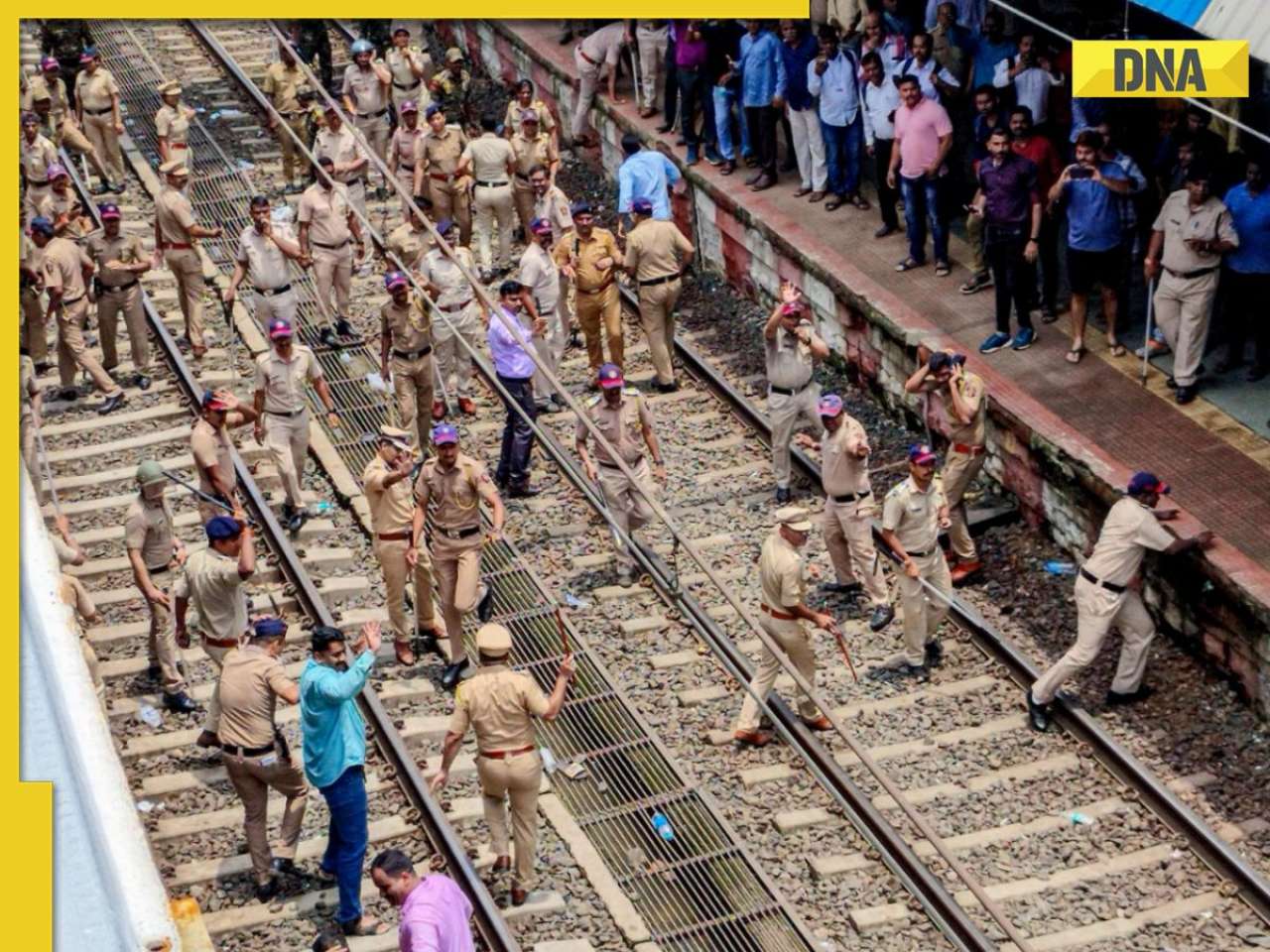





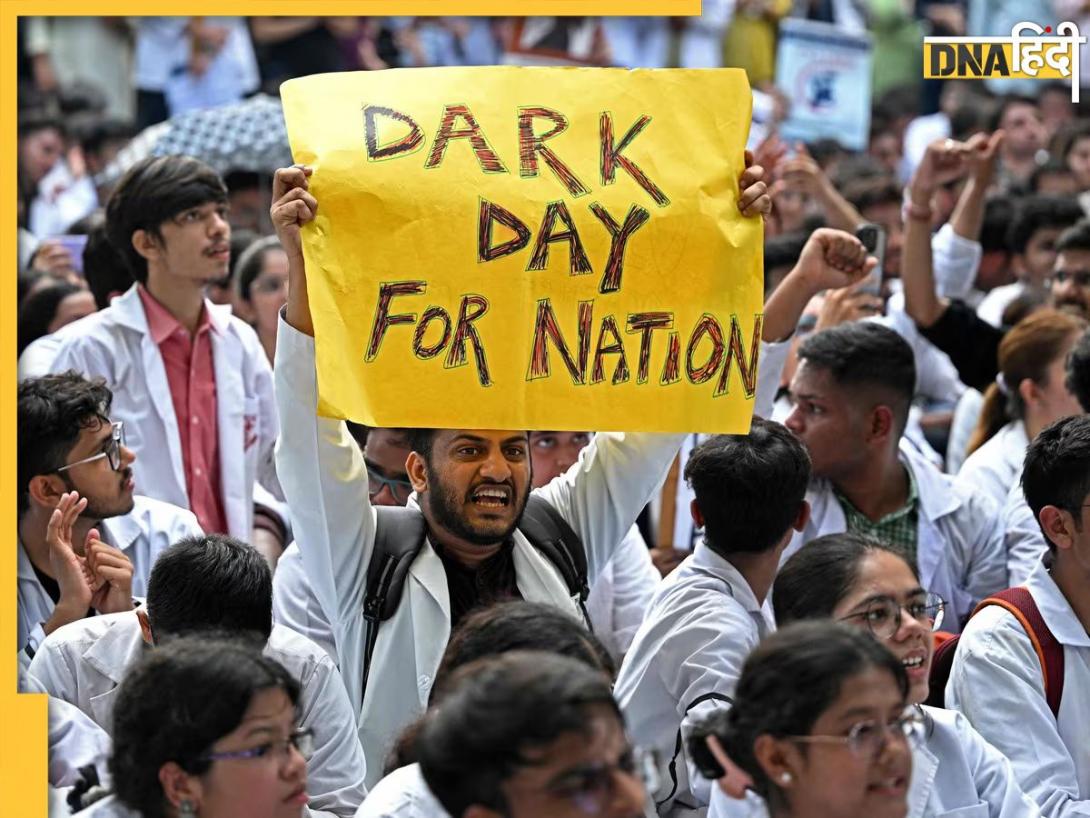
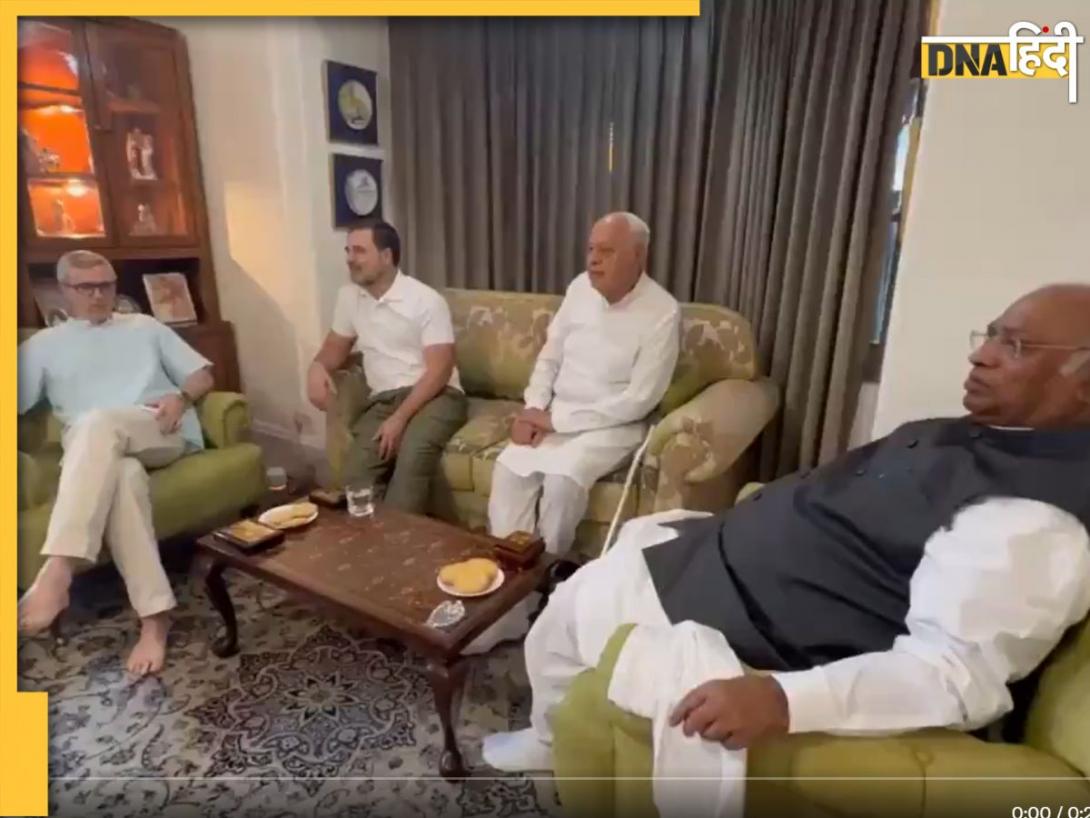








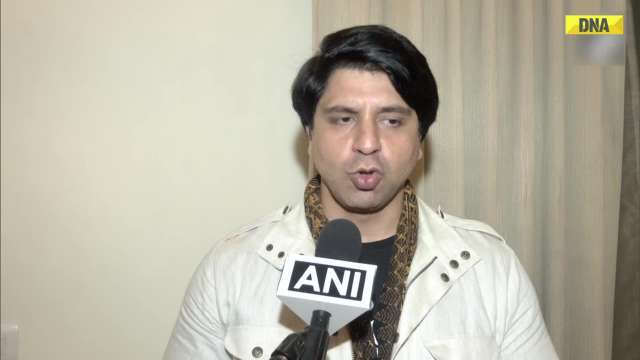
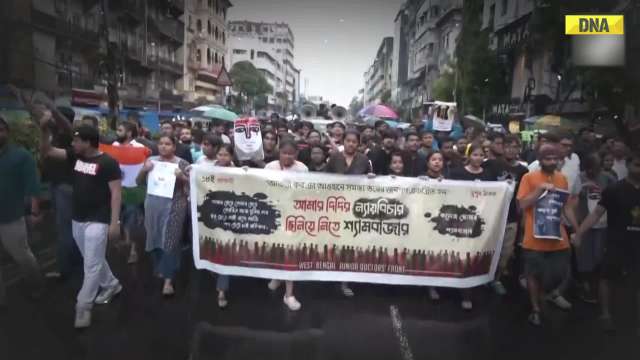













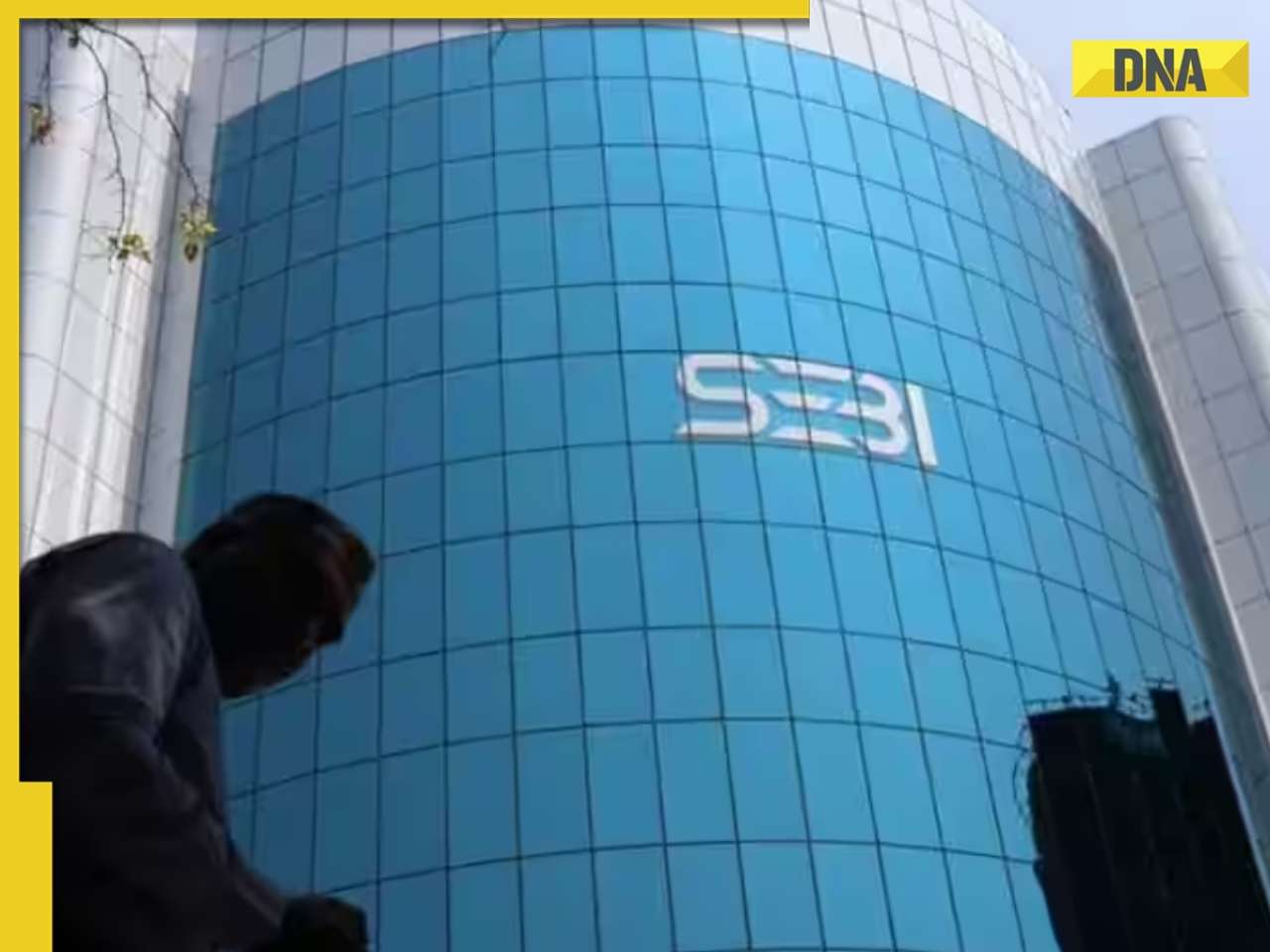

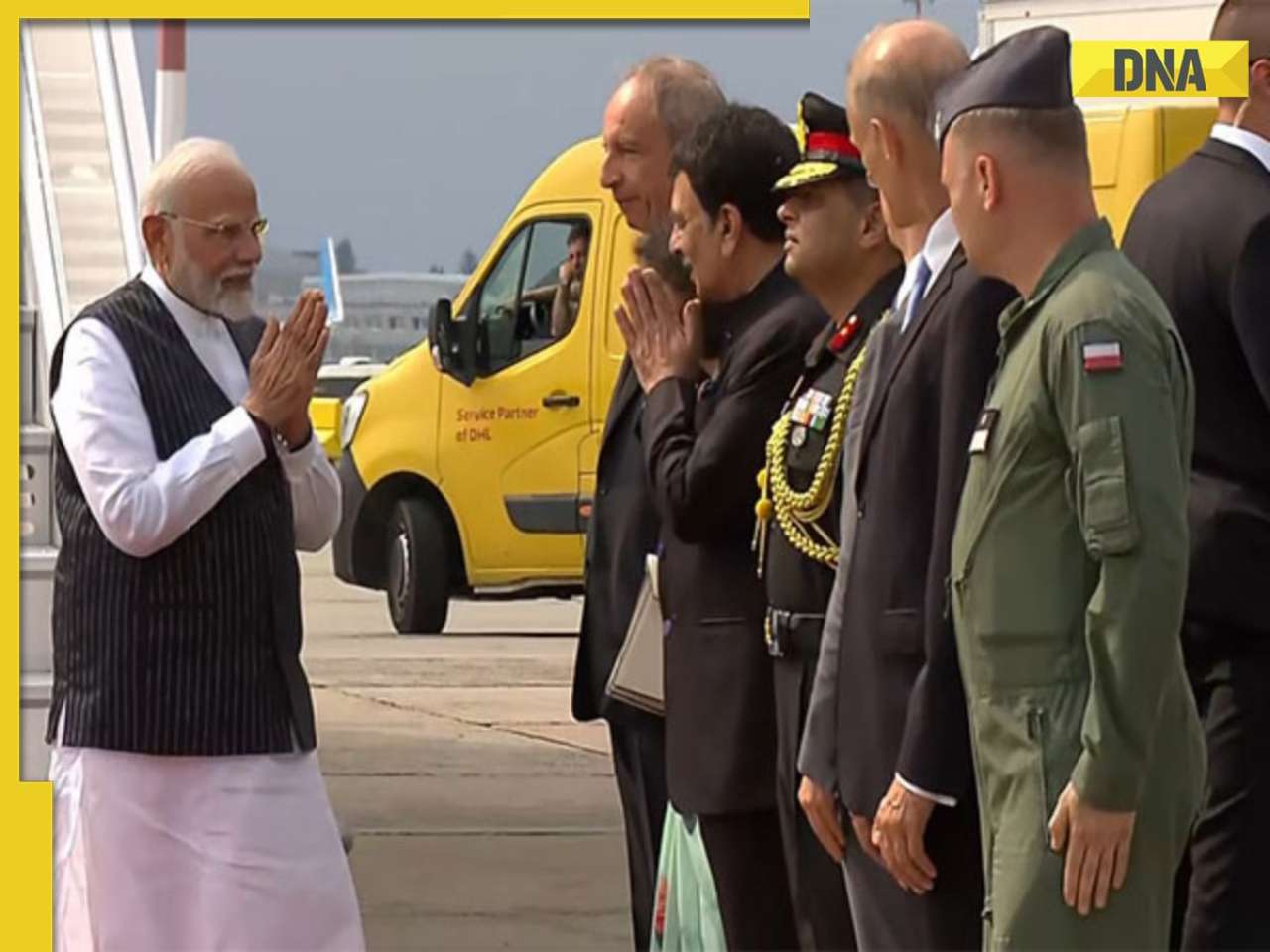
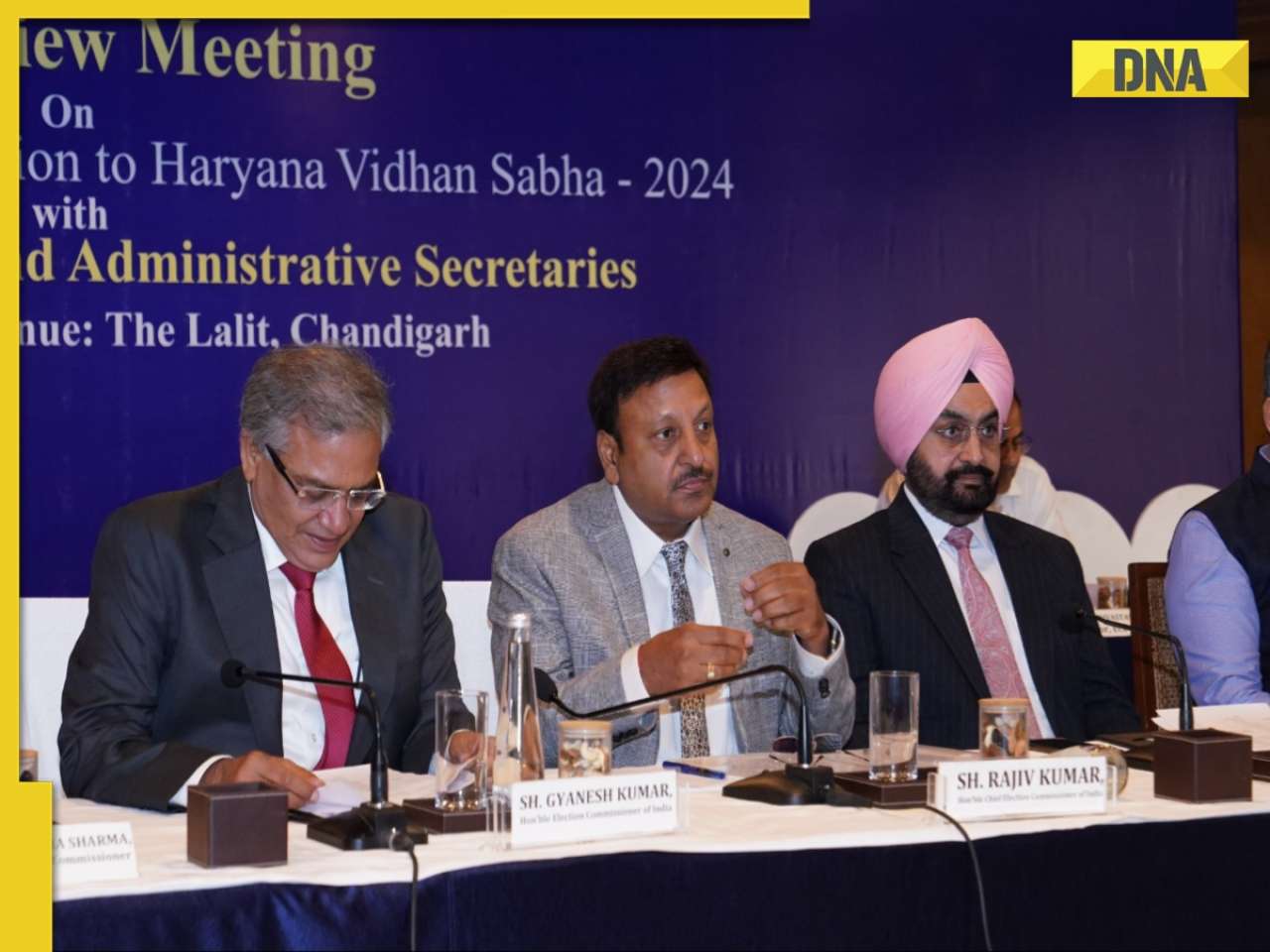
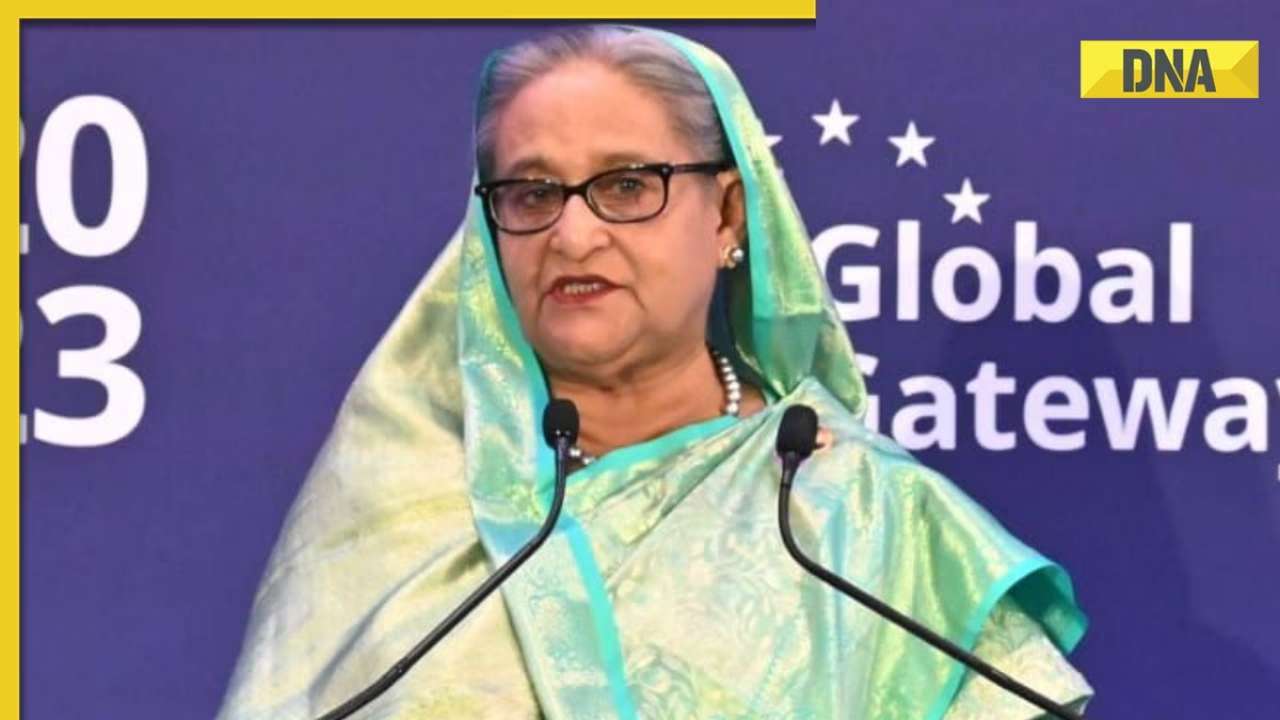
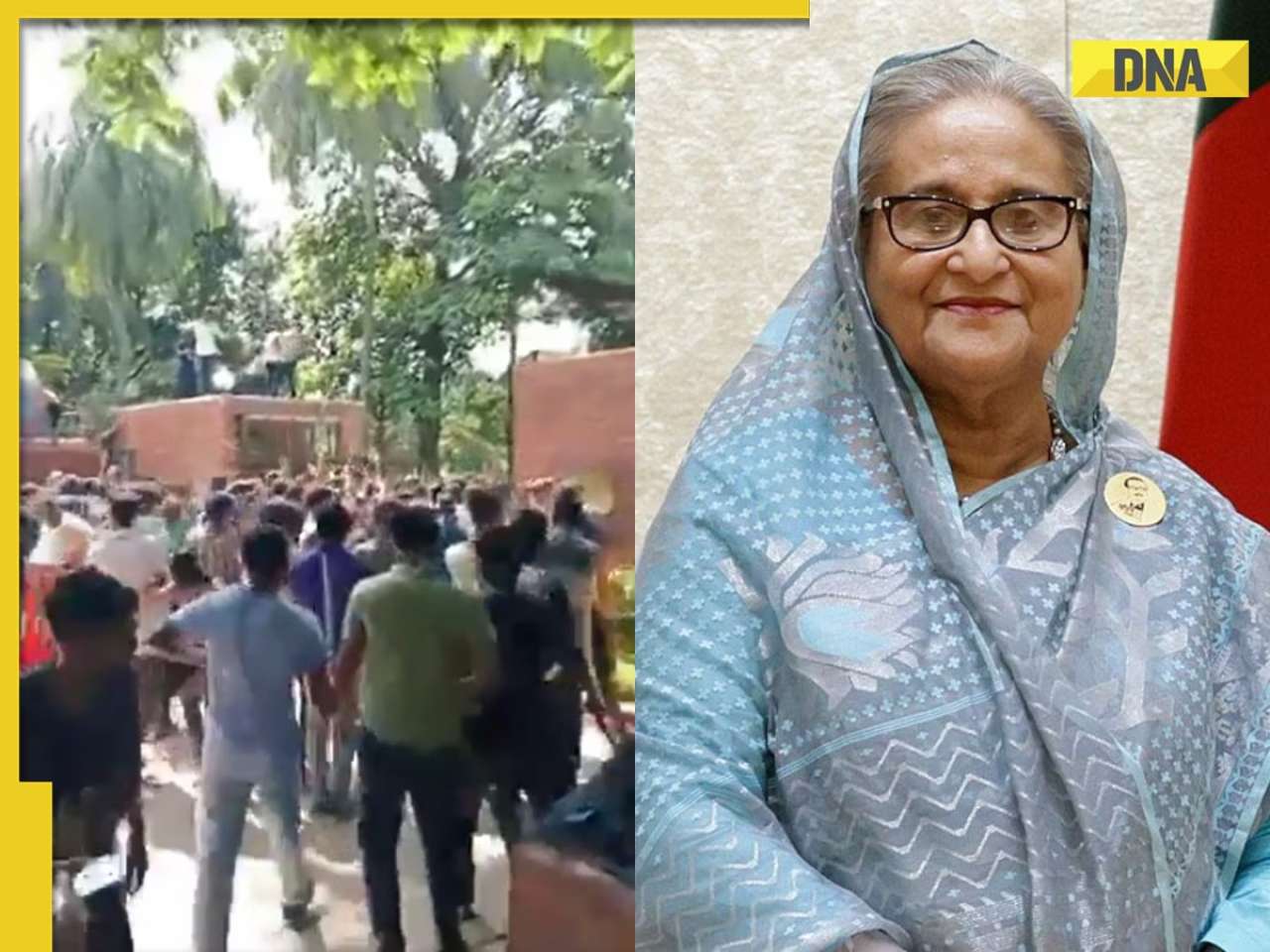
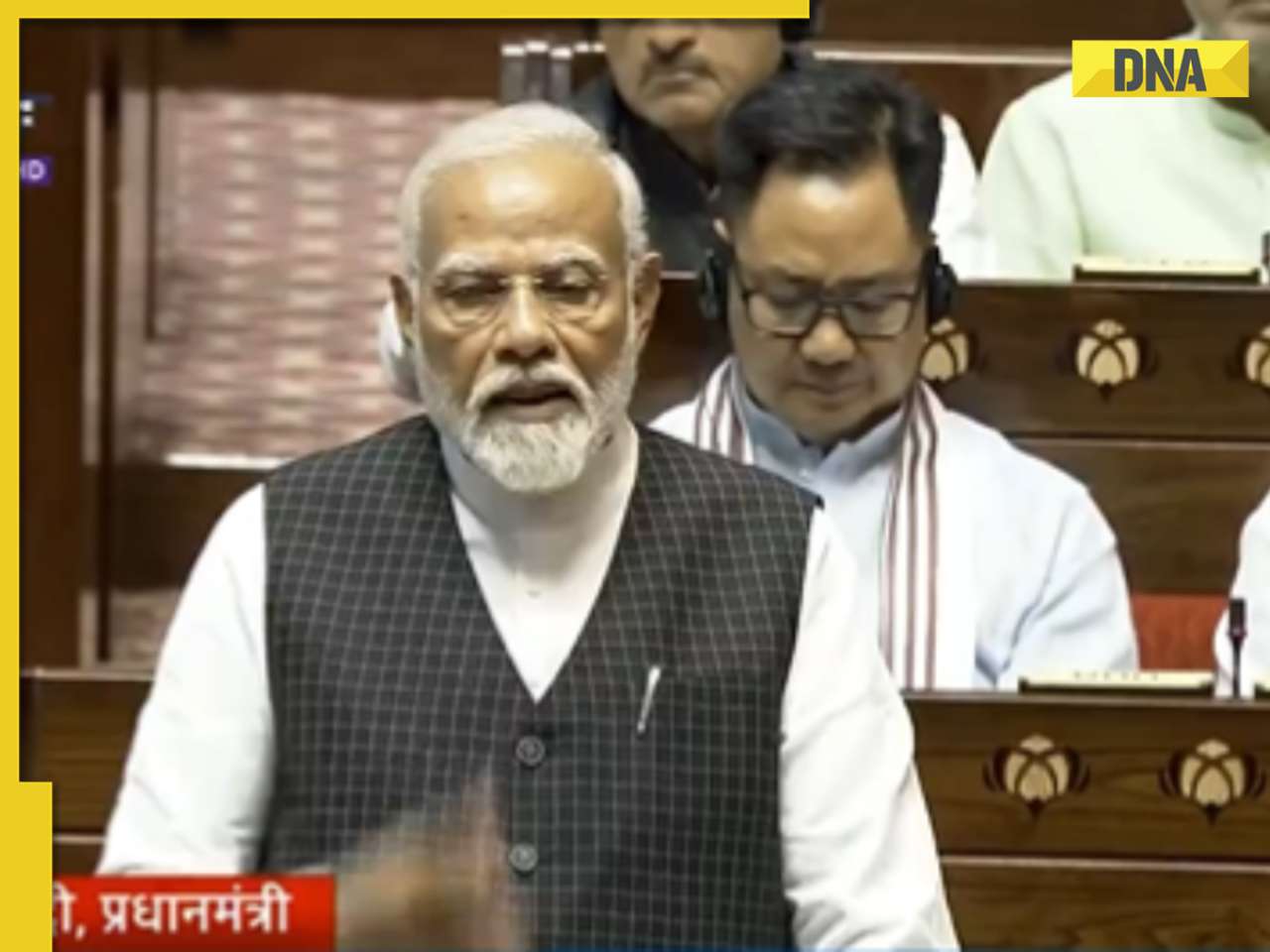



)
)
)
)
)
)
)
)
)
)
)
)
)
)





)
)
)
)
)
)